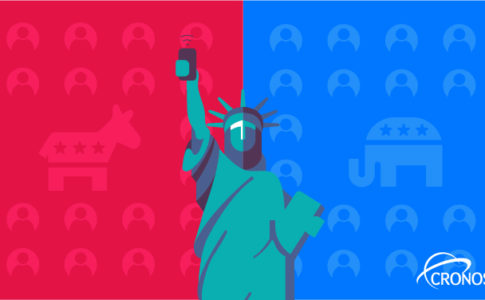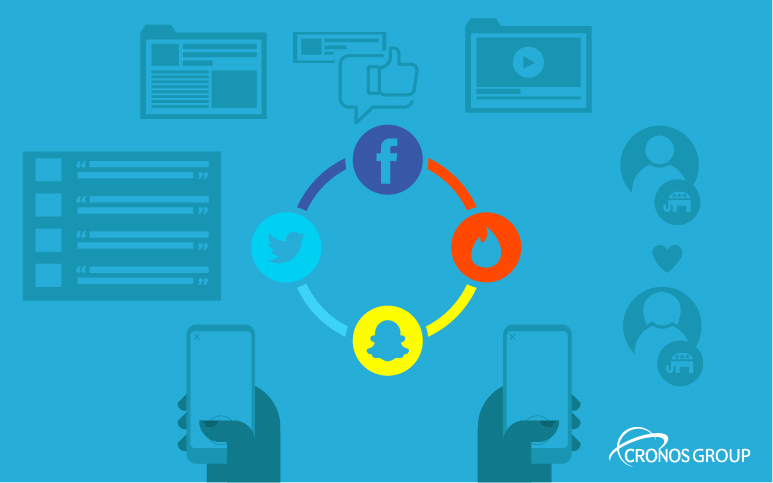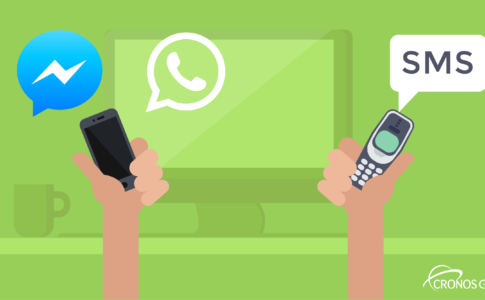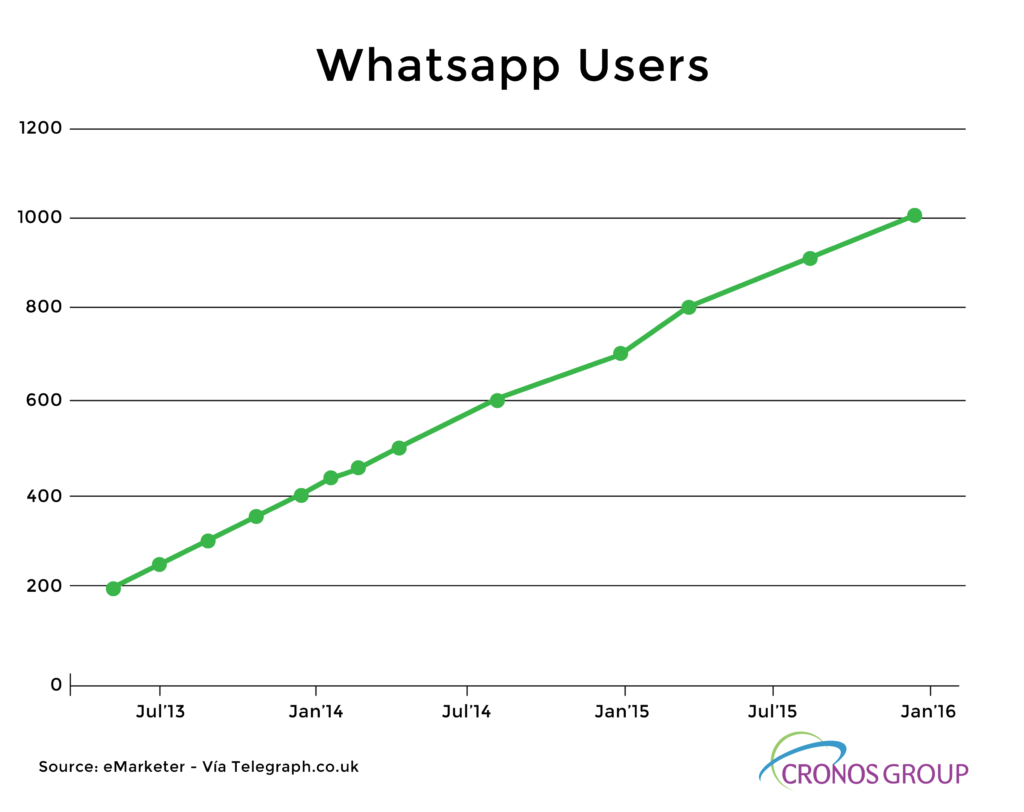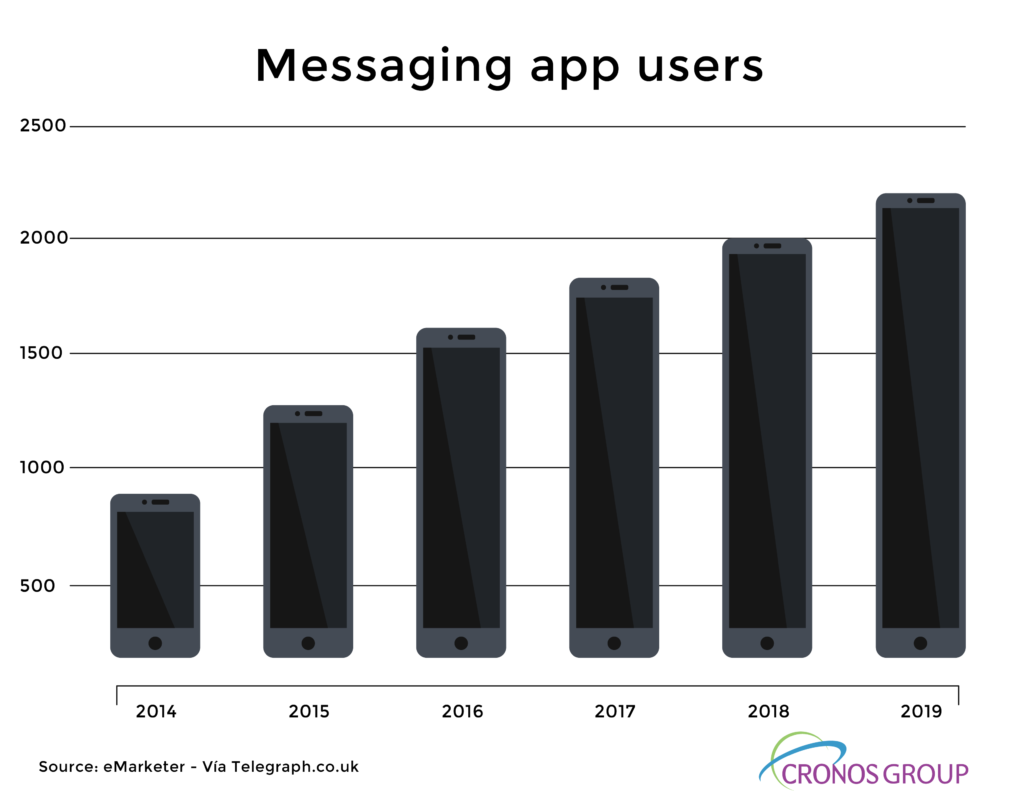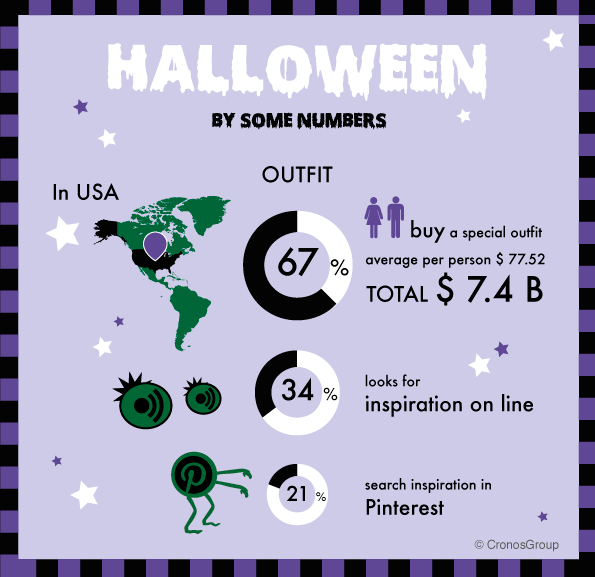One of the most interesting and intriguing political campaign has come and go, and thus Donald Trump has been elected the 45th elected president of the United States of America. Analysis have flooded the newspapers, webpages, etc., arguing how and what determined his win, considering numerous factors that were part of his and his opponent, Hillary Clinton`s campaigns; one of those factors being social networks, which took a fundamental role in the election of the new POTUS.
Here, we share some insight about how social networks influenced the engagement of citizens on the election day therefore setting an example of the impact social networks have in public matters:
Facebook: The most used social network served as an interactive site to get to know the candidates running for president: their postures, their websites, their latest posts, etc. It also worked as a simulator of the polling centers so voters could preview how their ballot would look like. And as usual, Facebook worked as a platform for citizens (from USA and around the world) to express their opinions and be aware of the development of the election day.
Twitter: The role of Twitter in the elections changed during the day. At first it worked as an enabler of voters who could send a DM with their address and it replied with information such as where they voted and who were the candidates. And as the day went by, it functioned as an information source to canalize the results and deduce the outcome.
Snapchat: In this election, Snapchat, as always, attracted the younger voters or “millennials” with its popular filters; it also served as a tool to see politicians and citizens interact during the 8th of November.
Tinder: Even the dating site worked as a toll to help voters decide their endorsement. Instead of swiping through faces, the app allowed to choose between issues and ultimately matched the citizen to his or hers “soul-candidate”.
Other apps also played an interesting role during the campaign and the election day such as Periscope, Spotify, and Uber, helping to inform, motivate and mobilize people (specialty young voters) to go and vote. This is just a glance of social networks potential to engage society in public affairs, making it clear for businesses, governments, and organizations in general the importance of using these dynamic tools to improve interactions and increase institutions’ performance.

